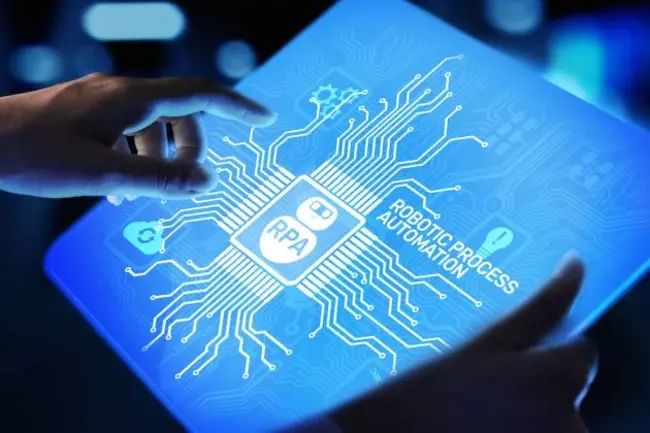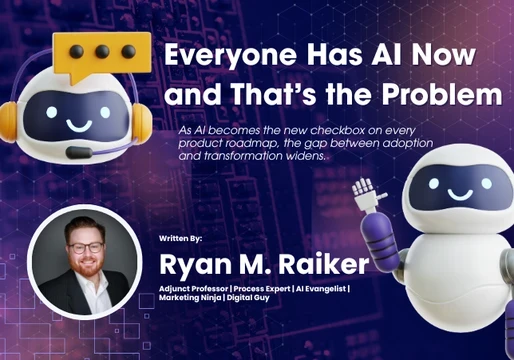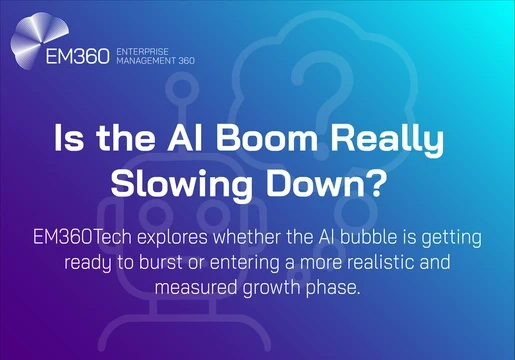Over the past year, robotic process automation (RPA) has gained a significant amount of traction in the enterprise. As a result, Deloitte's Global RPA Survey suggests that RPA is already delivering value for early adopters.

More organisations adopt RPA
Overall, 53% of the respondents stated that they had already started their RPA journey. However, Deloitte expects this figure to increase to 72% over the next two years and if this continues RPA will have "achieved near-universal adoption within the next five years."
According to the survey, the benefits of RPA are significant. Respondents reported that payback was less than 12 months with an average 20% of full-time equivalent (FTE) capacity provided by robots.
Moreover, RPA continues to meet and exceed enterprise expectations across multiple dimensions. These include improved compliance (92%), improved quality and accuracy (90%), improved productivity (86%), and cost reduction (59%).
Despite these benefits, scaling RPA is reportedly proving to be more difficult than expected. In fact, just 3% of organisations said that they had already scaled their digital workforce using RPA.
The link between AI and RPA
While beginning an RPA journey is a significant part of an organisation's digital journey, it is only the start. As Deloitte observes, organisations that progress in their adoption of RPA tend to be "more ambitious with cognitive technologies."
Over a quarter (28%) of the respondents implementing and scaling RPA are also implementing cognitive automation. On the other hand, only 6% of those that have not implemented RPA are currently progressing with cognitive automation.
It is evident that RPA can "fuel both the interest in and the agility required for other digital technologies." As a result, this enables organisations to progress further on their digital automation journey.
Simplification Lead at UBS Investment Bank Karolina Mikolajow commented on the importance of using RPA in conjunction with AI. “By using RPA on top of the processes we can harvest much more information and data than through traditional methods."
"This opens up new opportunities like leveraging that information for cognitive and AI type of technologies. As we scale up and more data becomes available, this link will be stronger and stronger,” she said.
How is artificial intelligence transforming business? We spoke to Noodle.AI's Chief Business Development Officer Spencer Doyle to find out







Comments ( 0 )